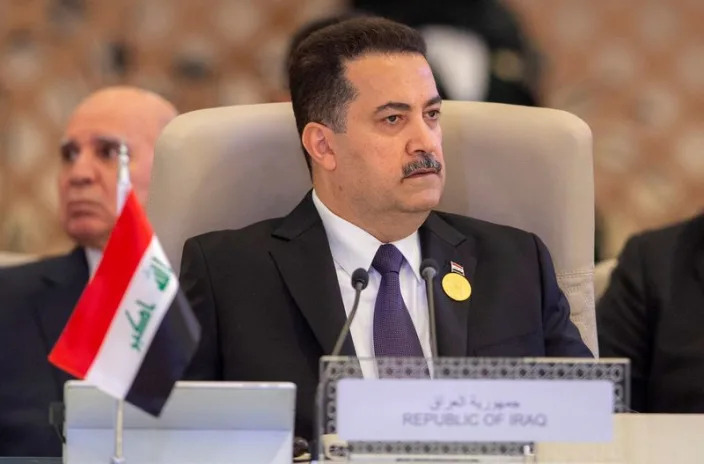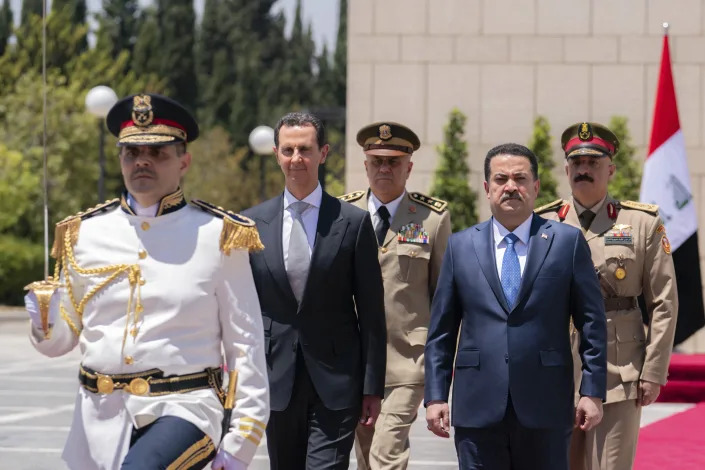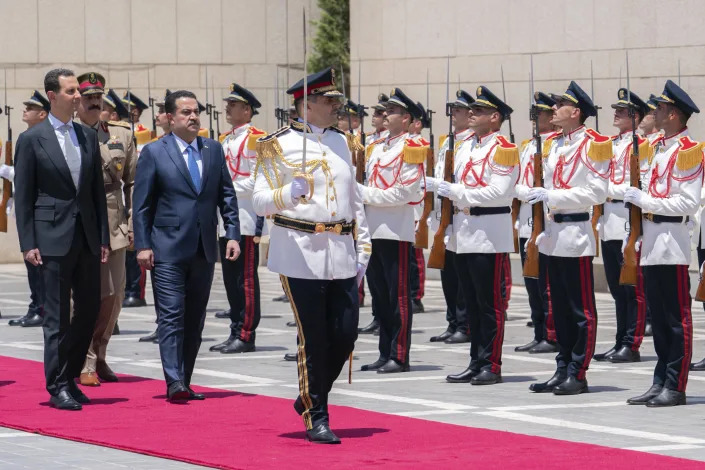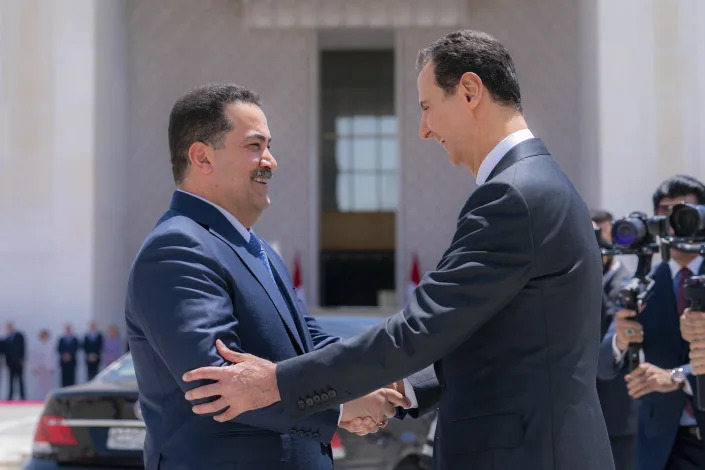UK
Labour would need to build 3,000 new wind turbines to meet its net zero targetsBen Riley-Smith
Sun, July 16, 2023

Offshore wind turbines near Redcar, England - Abstract Aerial Art/Digital Vision
Labour would need to oversee the creation of up to 3,000 new onshore wind turbines in its first term in office to hit the party’s ambitious net zero targets, The Telegraph can reveal.
Sir Keir Starmer has pledged to more than double the amount of power generated from onshore wind from the current level of 15GW to around 35GW by 2030.
Analysis for The telegraph by RenewableUK, the British wind energy trade body, estimates that between 2,000 and 3,000 new wind turbines on UK soil would be needed to achieve that ambition.
That could mean an increase of around one-third from the current total of 8,600, and it would be delivered by Sir Keir ending the effective ban on new onshore turbines being built in England.
A Labour Party spokesmen did not dispute the accuracy of the estimate.
The construction of wind farms on the UK mainland has proved much more politically sensitive than building turbines offshore.
Boosting energy output
Climate campaigners insist onshore wind is one of the quickest, cheapest ways to boost the UK’s green energy output, but some past projects have received criticism for being eyesores.
New wind turbines tend to be much taller than past models. One wind farm in Scotland recently replaced 1990s era 50-metre tall turbines with ones that were 200 metres in height.
Labour frontbenchers are looking at offering incentives to communities to back nearby energy projects, such as cash payouts, energy bill discounts or investment in local groups.
Ed Miliband, Labour’s shadow climate change secretary, will publicly signal his interest in incentive schemes on Wednesday at an event hosted by the Conservative think tank Onward.
A Conservative Party spokesman said: “Decisions on onshore wind should be for local people and new developments must have the support of local communities.
“We recently consulted on improving the rewards and benefits offered to communities which back onshore wind farms but Keir Starmer wants to discard all of that and impose thousands of turbines on areas where people don’t want them.”
Energy bill crisis
Ed Miliband said: “Opposing cheap, clean power for our country has left us at the mercy of fossil dictators like Putin which has given us the worst energy bills crisis in memory.
“Labour would end the ban by bringing onshore wind into line with other local infrastructure so the British people can reap the benefits of cheaper power and we would ensure direct benefits for the communities that host clean power.”
Labour has estimated that the effective onshore wind ban in England has added £180 onto annual household energy bills, given how much wind power would have increased without one.
The wind power target is part of Sir Keir’s push to make the UK a “clean energy superpower”, named earlier this year as one of his five central drives for government.
A document detailing his plans if Labour wins the next general election included aiming for a “cheaper, zero carbon electricity system by 2030”, arguing the lack of progress has kept household bills high.
Specific targets were announced to hit that ambition, including quadrupling offshore wind power, tripling solar power and backing new nuclear modular reactors.
Effective wind farm ban
Successive Conservative governments have long had in place an effective ban on new onshore wind farms in England, with planning rules so tight that any local objection can effectively block a project.
On taking office, Rishi Sunak said he would block new windfarms, reversing plans by Liz Truss to make onshore turbines easier to build. But he was forced to backdown by Tory rebels and in December announced a consultation on loosening the restrictions that effectively ban new projects.
Boris Johnson had been preparing to unveil a similar expansion in onshore wind as the one that Sir Keir is proposing in his energy security strategy last year, but he backed off at the last minute.
The vast majority of current onshore wind turbine projects seeking permission are in Scotland, Wales and Northern Ireland, rather than England, due to windier conditions and looser planning rules.
James Robottom, RenewableUK’s head of onshore wind, said: “Onshore wind is one of the UK’s cheapest sources of electricity and we can build it much faster than other power sources.
“So at a time when we need to strengthen Britain’s energy security as a matter of urgency and protect billpayers against volatile international gas prices, we should be accelerating the roll-out of projects in areas where they have community support.”

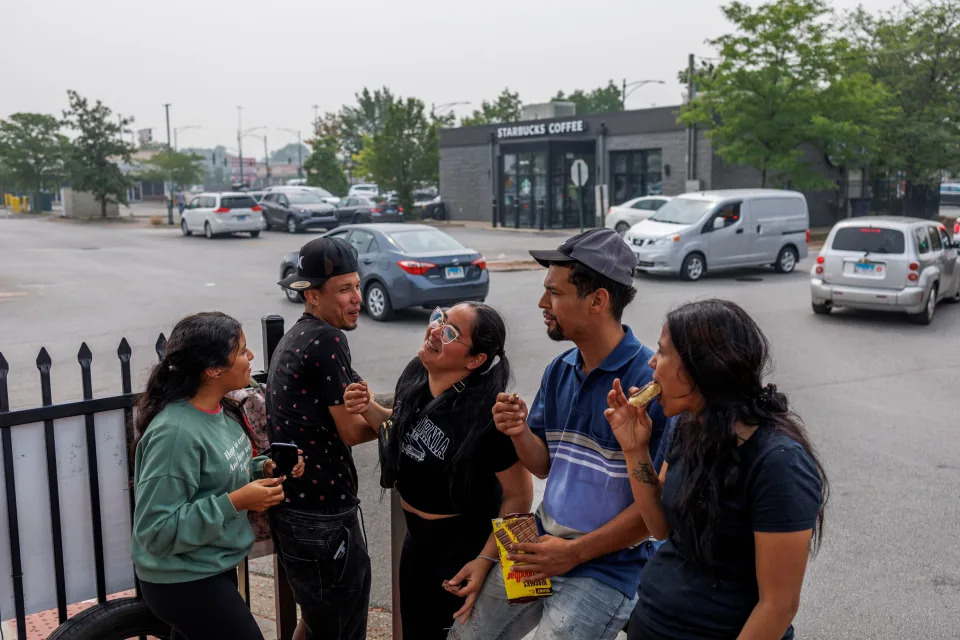
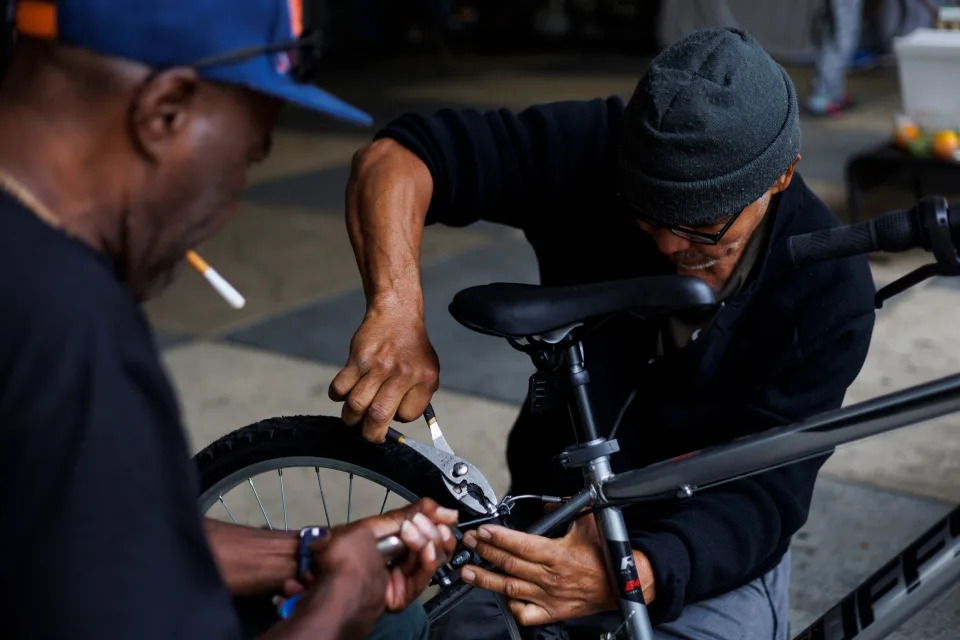

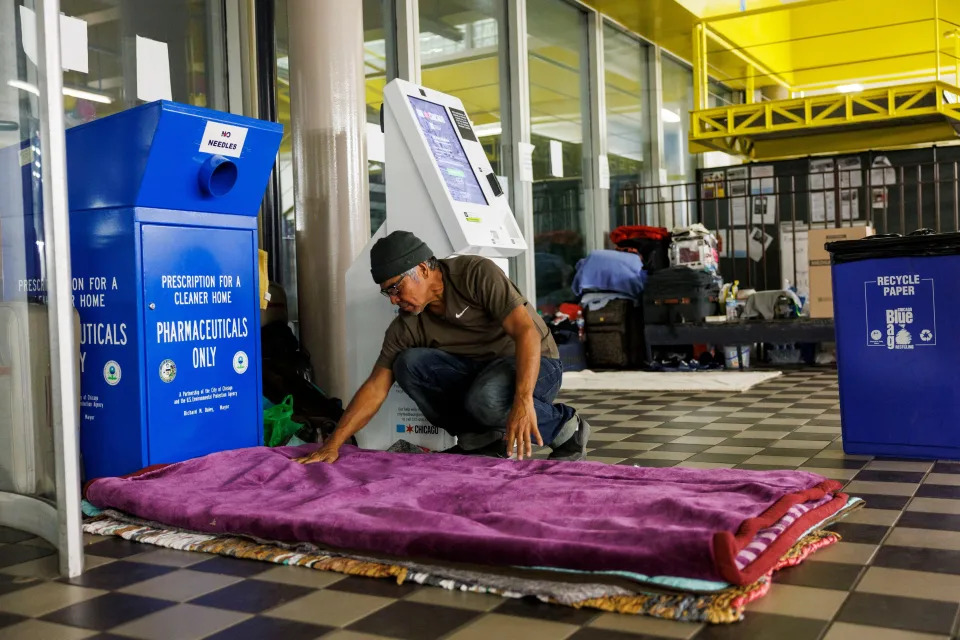







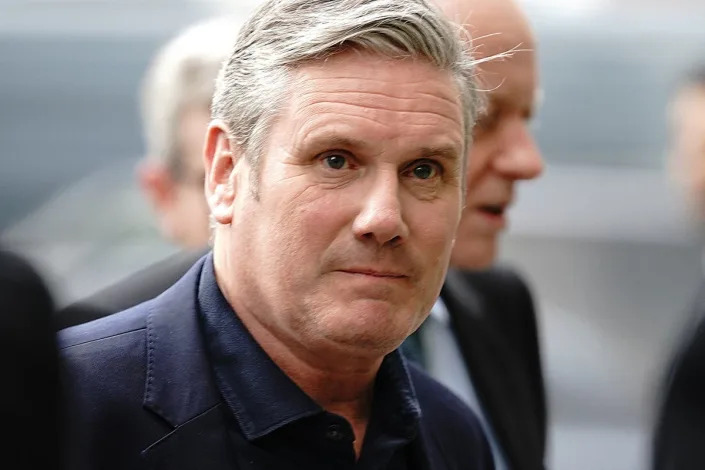

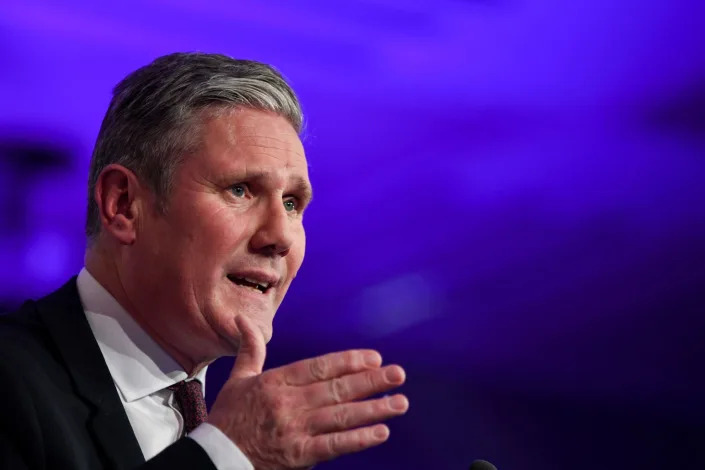



.jpg)


